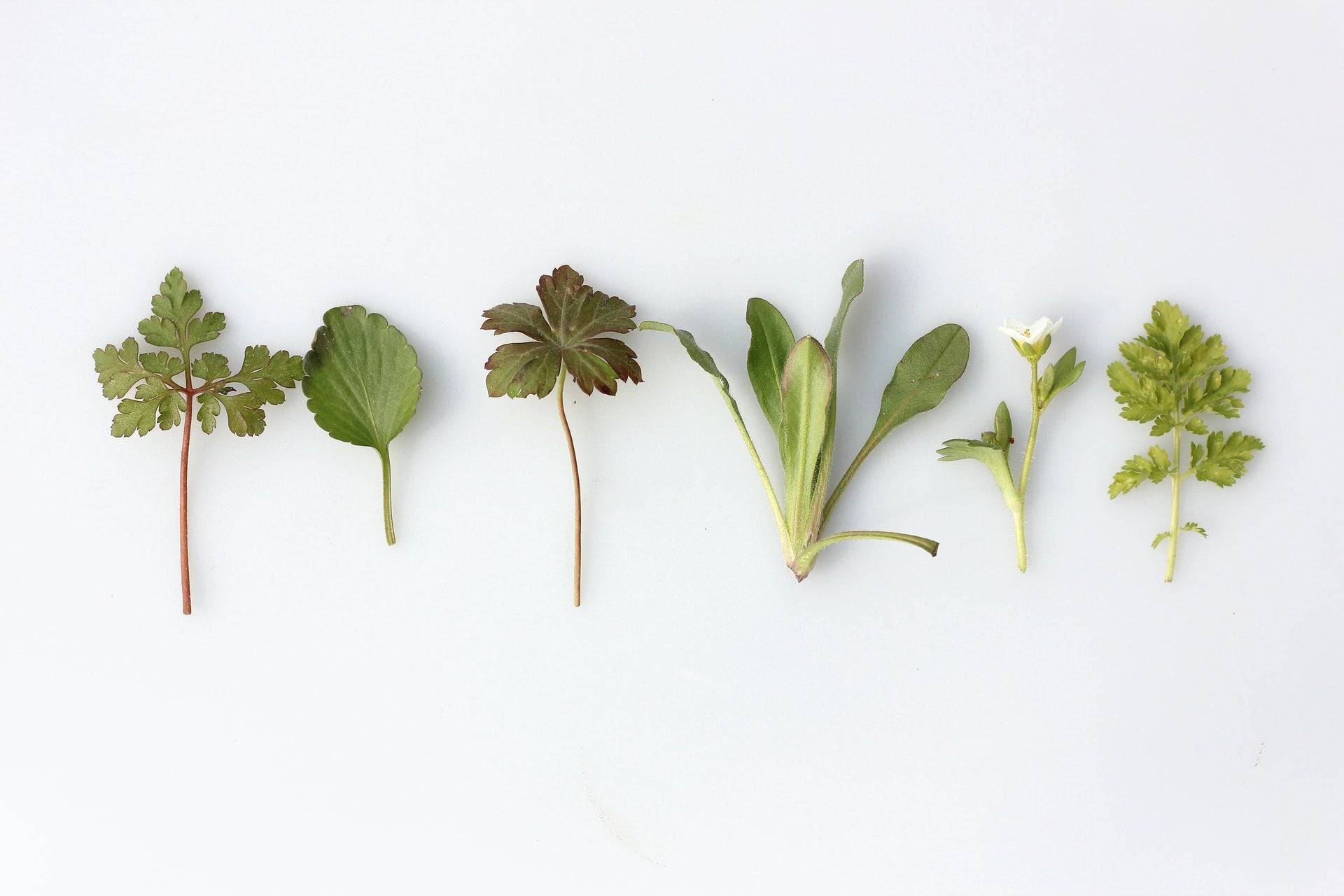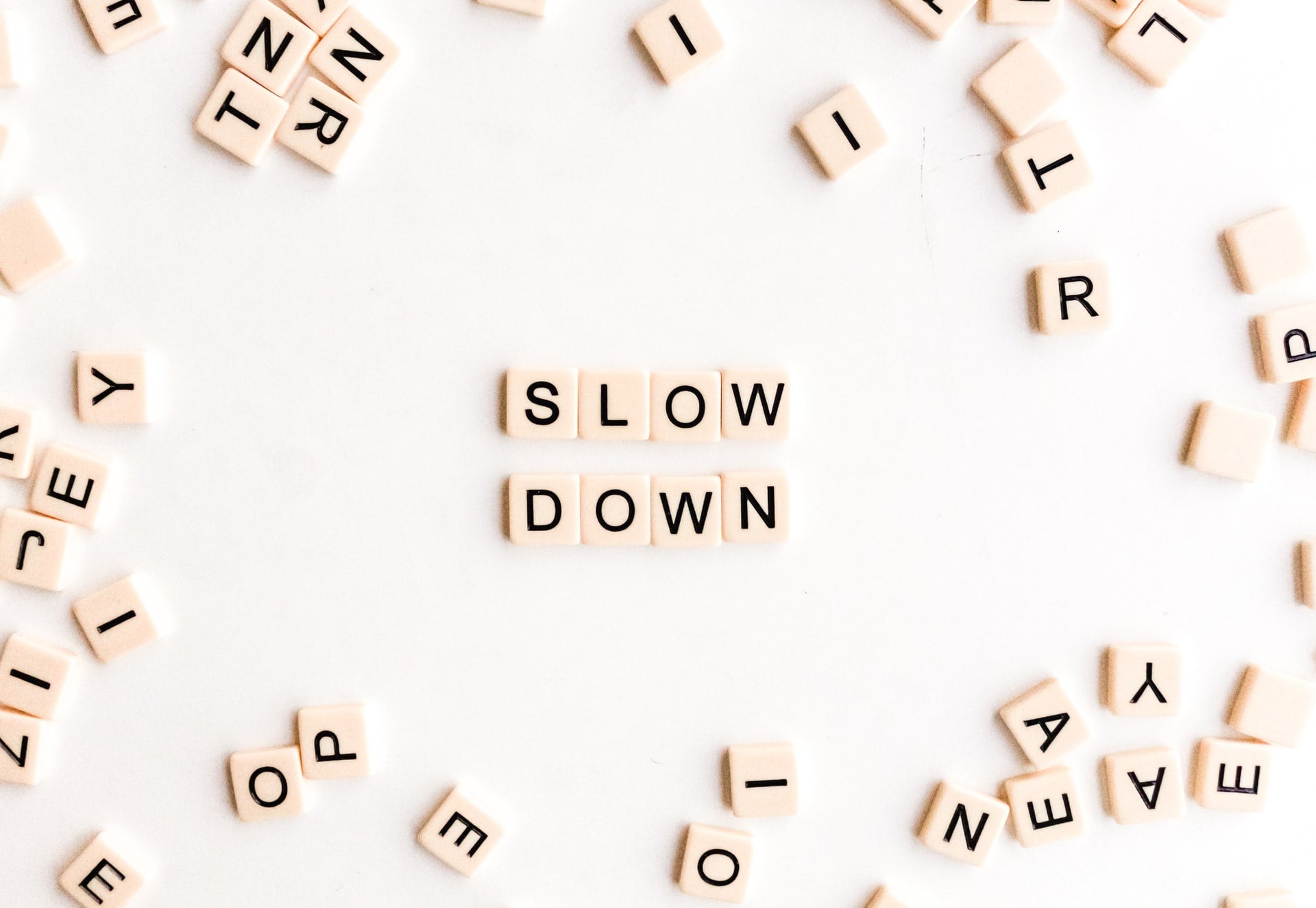
The Best Herbs and Natural Solutions for a Good Night’s Sleep
Trouble Sleeping? Natural Solutions for a Good Night’s Sleep
Sleep is essential for our health. It refreshes the mind and repairs the body, but how much sleep do we need to thrive and what can we do to naturally ensure a night full of restorative zzz's?
Why Sleep is so Important?
A lack of sleep can have detrimental effects on our physical health, mental health, reaction times, strength, resilience, balance and outward appearance.
Our growth hormones such as Leptin and Ghrelin (associated with being full and hungry) are secreted at night during different stages of sleep and can affect, inflammation, heart health, blood pressure and insulin control.
Sleep, Health, Mental Health and Mood
Having a good night’s rest is critical for our day to day functioning as it impacts the way we interact with the world around us and the people in it.
Poor sleep patterns and a lack of sleep has been linked to an increased risk of depression and anxiety.
Sleep and Stress
When it comes to sleep problems, stress is one of the main causes of broken sleep cycles. Poorly managed chronic stress, interferes with our ability to sleep. Insufficient sleep boosts stress hormones and instead of shutting down, our body keeps pumping stress hormones, keeping us awake, alert or simply in and out of non-restorative sleep.
Sleep Cycles
According to Dr Sabina Brennan, we need to cycle through five stages of sleep to benefit. Each sleep cycle is about 90 minutes and it's comprised of different ratios of non REM sleep and REM sleep.
"A person could be regularly getting 10 hours sleep, but frequently waking. This person may actually be missing out on some of those stages, and as a consequence, they may experience an impairment in their brain and cognitive function".
Dr Brennan recommends to those that would like to nap during the day to choose to nap for less than 15 minutes or for 90 minutes. Anywhere in between, we will likely wake in the middle of these sleep cycles and feel "sleep drunk". When we go through a full cycle of 90 minutes, we wake up feeling refreshed.
Sleep Benefits
Having adequate sleep (How much sleep? we suggest a minimum of 7 hours per night) gives us the best chance of being resilient throughout the day and feeling energised. It can also help with us with memory recall and keeping our minds sharp and creative.
There is a significant difference between having a bad night’s rest and sleep deprivation.
Sleep deprivation is one of the mitigating factors for hormone imbalances, often linked to heart disease, issues with blood pressure, increased risk of stroke, trouble controlling diabetes and glucose metabolism.
When we miss a full night’s sleep, we experience a deprivation and go into "sleep debt". The short-term risk is fatigue and inattention – equivalent to a blood alcohol content of 0.05 !
How to Get a Good Night’s Sleep, Naturally
Preparing for a good sleep cycle:
-
Sleep Schedule
Keeping consistent bed and wake up times (give or take an hour) on both work and non work days, can strongly aid wellness and healthy sleep patterns, helping to build up our inner rest/wake clock and decreases the levels of tossing and turning before we drift off.
-
Exercising Before Sleep
Participate in exercise a few hours (not directly) before sleep time to get a peaceful night's rest.
-
No phones, Technology or Stimulants Before Bed
Cut out food and beverages that contain caffeine, like espresso, tea, fizzy drinks and chocolate, by mid-evening. Make dinner the lightest meal of the day, and finish it at least a couple of hours before sleep time. Deep fried food sources can cause acid reflux or heartburn at night, disrupting sleep - avoid it where possible.
Smoking likewise intensifies sleep apnoea and other breathing problems like asthma, making it hard to get a good night sleep.
Alcohol often helps people fall asleep but it’s not very good at keeping you asleep. Alcohol upsets the sleep and brainwaves that help us feel revived in the first part of the day. A martini may help us drift off sleep to sleep at first (or pass out), yet once it wears off, we will likely awaken, making it difficult to return to sleep, as per Mayo Clinic.
Screen Stimulants: Be mindful of the content you’re watching before bedtime and aim for no screen time, during the last hour before bed.
A National Sleep Foundation (NSF) review found that most participants used some sort of tech, similar to a TV, Mac, computer game, or phone, in the hour before falling asleep. This is a poor idea as light from the devices invigorates the cerebrum, making it harder to slow down. Some of us handle blue light better than others, but over exposure is not recommended. Set devices aside an hour before sleep time to nod off more rapidly and rest all the more sufficiently.
Where possible, keep your technology out of the bedroom.
-
The Perfect Sleep Environment
Checking our environment and keeping our bedroom as dark, comfortable and quiet as possible is key.
A cool room is more helpful for aiding rest than a warm one. A cooler room will lessen our central internal heat level and help us float off to sleep quicker and all the more profoundly.
Light advises our cerebrum that it's an ideal time to awaken - make the room as dark as possible when preparing for sleep.
The bed should not be a place for working, eating, or laying in front of the TV. In the event that you awaken during the night, avoid turning on the laptop or TV and opt instead for soothing sleep sounds or practice a sleep meitation until you drift off once more. Meditation may help reduce insomnia and sleep troubles by promoting overall calmness.
Adequate sleep is significant for our wellbeing. When we feel we are not getting sufficient sleep or despising quality rest, these straightforward changes can help add to a more serene evening.
The Best Herbs and Natural Sleep Cures
We have all been there - eating well, and exercise consistently, yet remaining in a chronic state of frailty due to a lack of appropriate, adequate, and peaceful sleep. It takes just one night of sleep disruptions to yield immediate negative consequences in our psychological capacity and judgment, cognitive abilities, reflexes, temperament, and emotional wellness.
It's a little disturbing to know that around 30% experience the ill effects of helpless resting propensities and sleep issues. That is, 30% of individuals are incapable of working at their best and unfit to appreciate life to its fullest due to challenges surrounding sleep, switching off and shutting down.
Numerous components can influence sleep; boss among them is nervousness and anxiety surrounding the following day/s. Numerous individuals will wind up thrashing around and incapable of sleeping when experiencing a significant life change or experiencing a pressing issue at work or in their own lives. For extreme cases, persistent sleep deprivation may require the counsel of a physician. They may suggest a remedial sedative alongside lifestyle changes. They may also refer you to a sleep expert.
If you feel that your sleep issues are not extreme enough to warrant a visit to the GP, one can attempt the natural methodology with herbs and supplements for rest.
Below we explore natural and lifestyle remedies including herbs and supplements that can help to promote a good night's sleep.
1. Lavender
Lavender is quite possibly the most broadly utilised herb for sleep. It has been discovered successful in quieting restless nerves and encouraging rest. Lavender has likewise been found to improve the nature of sleep, assisting with remaining in sleep state for the duration of the evening.
Its most basic structure is presumably in fundamental oil structure. Lavender oil is incredible to diffuse in the room 30 minutes before rest. It's likewise lovely, well known as lavender tea. It is known for its engaging aroma, which is why it is a typical part of aroma, shower, and body ointments.
2. Chamomile
To the extent spices for sleep go, chamomile is perhaps the most renowned. When anybody is searching for a characteristic solution for a sleeping disorder or treatment for sleep deprivation or merely experiencing difficulty nodding off, chamomile tea is the top of the brain. Chamomile is generally viewed as a mellow sedative and may even help improve cardiovascular conditions, just as animate the invulnerable framework.
This daisy-like plant is elementary in homegrown mixtures and natural medication. Numerous individuals go to homegrown teas as a handy solution for restlessness if they would prefer not to take pills or sleep supplements. To make it significantly more valuable, take chamomile tea around evening time as a feature of a standard self-care custom. Relaxation practices before sleep, alongside sipping chamomile, such as having a steaming shower and meditation, will encourage sound rest cycle and improve rest quality.
3. Magnolia Bark
For somebody searching for a sleep supplement in pill structure yet would prefer not to take narcotics or even melatonin, go for magnolia bark. It is usually suggested that clients start with the most minimal portion. Magnolia is quite possibly the best herb for advancing rest, to such an extent that it isn't prudent to take it during daytime or when driving a vehicle. It is thought to work by loosening up the psyche and actuating languor and profound REM rest.
One nighttime dose, ought to be sufficient to address your body's circadian cadence. Another advantage of magnolia bark spice is that it might help bring down the body's cortisol levels - the pressure chemical - when taken orally.
It's critical to note that while magnolia bark shows promising sleep results, with numerous healthy spices, there are drug cooperations to consider. If you are taking any other medication, consistently counsel your doctor before taking natural enhancements, similar to magnolia bark.
4. Valerian Root
The bloom is known for its alluring fragrance and is utilised in scents and shower and body items, while the root is put aside for therapeutic purposes. Spices for sleep have various degrees of adequacy, and keeping in mind that valerian root may not make you as worn out as different herbs for sleep, it is known to advance relaxation. Although there is some counter research that exists, valerian may help calm persistent, dashing thoughts around evening time, consequently promoting better sleep. Valerian root is just one among numerous spices that have been utilised for quite a long time, tracing back to antiquated Greek and The Romans.
It is relatively mellow as a reference, and keeping in mind that it is regular in tea structure, it likewise comes as in the from of dietary supplements.
5. Blue Skullcap
Generally known as blue skullcap and American skullcap, the logical name, Skullcap Scutellaria lateriflora, appeared to have a potential enemy for nervousness and anxiety. Even though the information regarding viability is restricted, this spice merits referencing as early examination proposes that skullcap concentrate may create a quieting impact on a fomented individual and control nervousness. The leaves are utilised for therapeutic purposes, and it additionally comes in tea structure and powder. With skullcap, there is the potential for liver capacity issues in specific individuals, and it may not be suitable for everybody.
6. Sleep Vitamins: 5-HTP
Beautifully Nourished’s 5HTP has been extracted from the seeds of the African plant know as 'Griffonia Simplicifolia'. 5-HTP, short for 5-Hydroxytryptophan, is a naturally occurring amino acid and chemical precursor as well as a metabolic intermediate in the biosynthesis of the neurotransmitter Serotonin.
Serotonin levels can affect mood, sleep patterns, appetite, memory, learning and impulse control. The level of serotonin in the brain has an adverse effect on our state of restfulness and restlessness.
5-HTP can help to relax the mind and prepare the body for bed at night, with research also suggesting that 5-HTP may support the reduction of low mood and depression, which can often lead to sleep disturbances. 5-HTP also aids sleep as it increases levels of serotonin, which plays a role in levels of the body's sleep hormone: melatonin.
Melatonin governs the body’s ‘sleep-wake’ cycle. Production of the hormone rises in the evening to promote sleep and drops in the morning to help wake the body up.
Herbal Sprays for Sleep
Another tip to improve your sleep cycle quality is to choose a herbal spray. Spritz some over your sheets and pillows for a relaxing, unwinding fragrance.
Sleep sprays are not restricted to the bed. Spray some on your curtains and rugs also.
Alongside herbal sprays for a peaceful sleep, take your time and invest in a good mattress. Good bedding is a fundamental aspect of experiencing a good, rejuvenating night's sleep.







Leave a comment
This site is protected by hCaptcha and the hCaptcha Privacy Policy and Terms of Service apply.